Thank you
Your email has been added to our waiting list and we will send an invite to you as soon as possible. Thank you for your patience.
In the meantime, if you happen to run a blog, our newly launched Blog Enhancement Suite can utilize the immense power of community to help you get more audience, engagement, content, and revenue with your own embeddable community! It will breathe new life into your blog and can automate many of the tedious tasks that come with the territory, so you can focus more on what matters most... writing.
Help spread the word about Snapzu:
Let others know about Snapzu by tweeting about us. We appreciate every mention!
Tweet it!
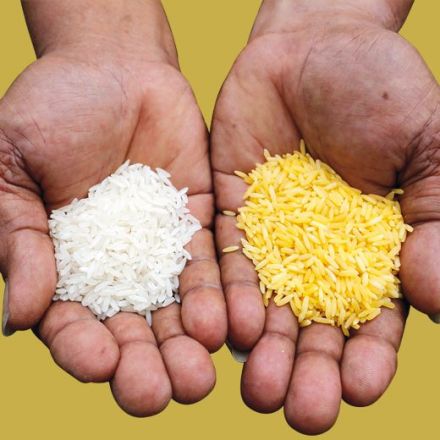























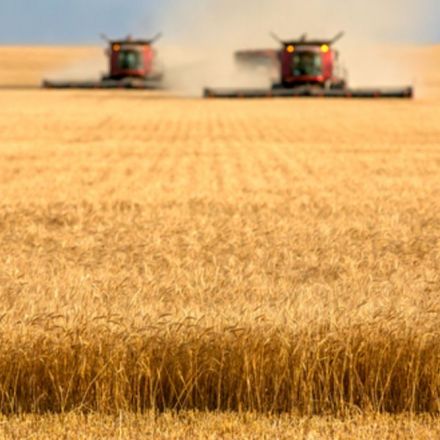
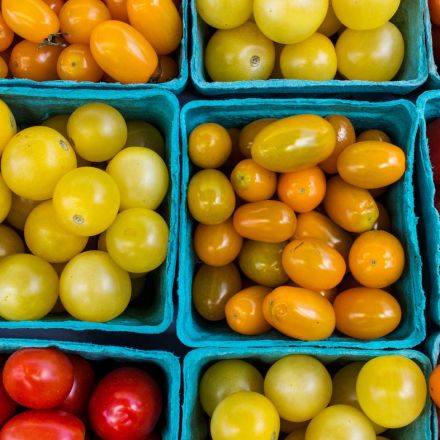

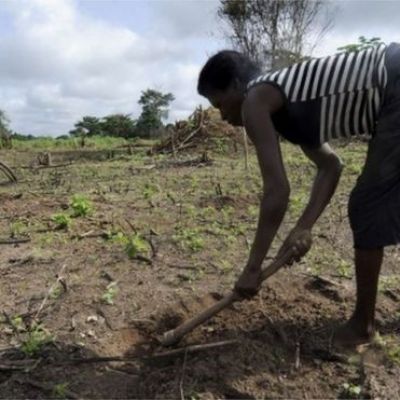
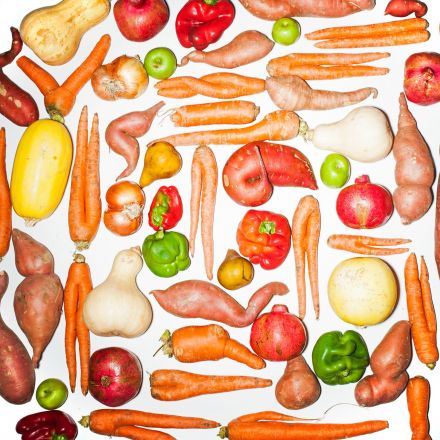
Join the Discussion
Interesting read, but I have to disagree with a lot of the article; mainly that it is completely ignoring the fundamental issue with global food security: distribution. For all it's advantages in the magnitude of production, the Green Revolution has not talked the problem of distribution. The reason we focus on small-scale local agriculture -- I say "we" because I'm a Ph.D student in Sociology studying global food security -- has more to do with fighting issues of dependency, which has been grave for developing countries in particularly in the last few decades. More GMOs isn't a solution to that: even ignoring a lot of the environmental criticisms, let's think about who has the knowledge, the tools and the technology to farm in this fashion? Not the poorest farmers in the world. If we take core/periphery dynamics into consideration, a lot of the arguments in this article become very weak. What we really need is proper land tenure reforms in poor countries, and a focus on subsistence agriculture.